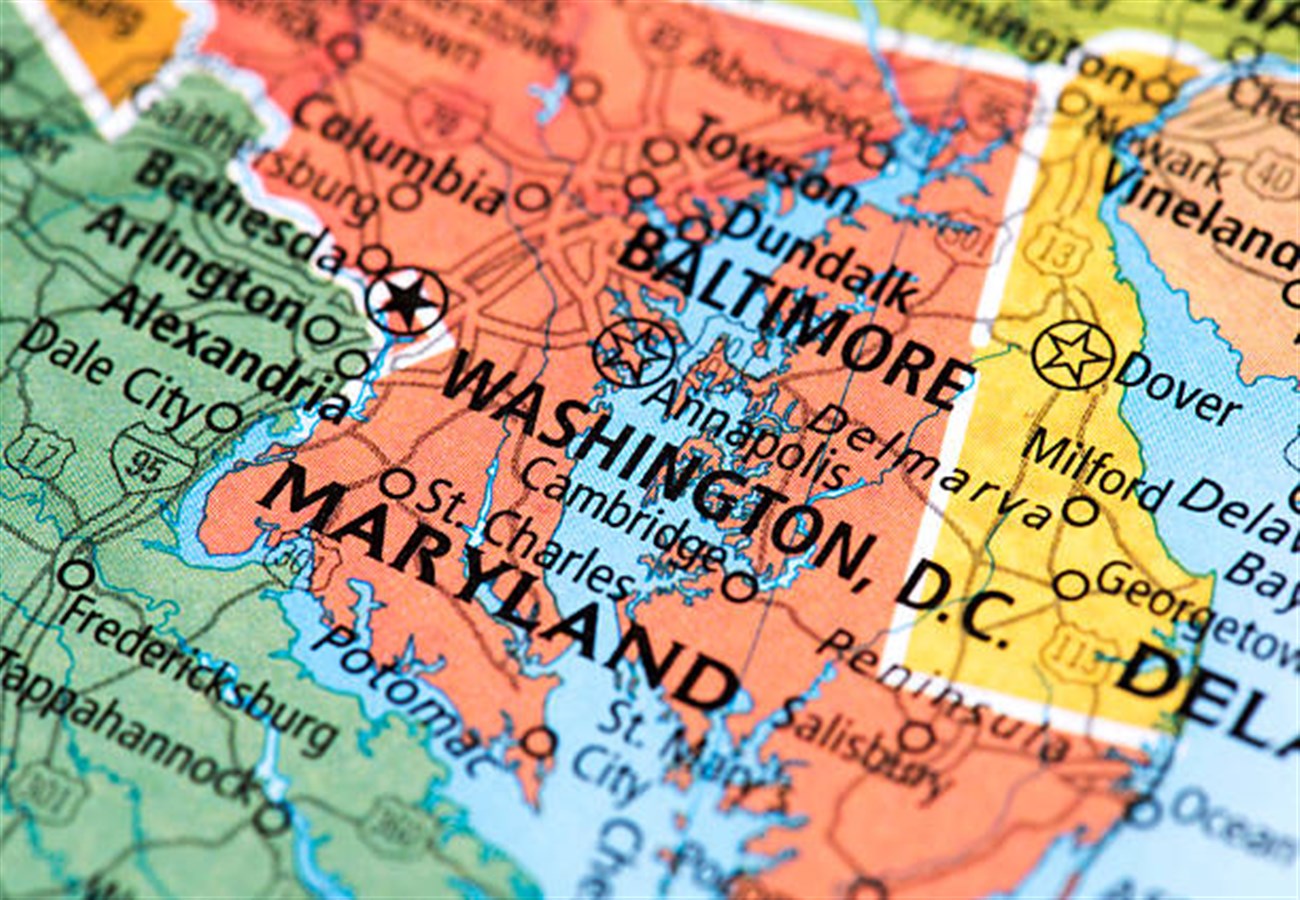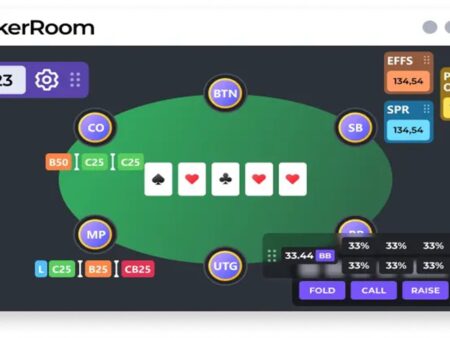Maryland Online Gambling News: In a significant development for the gambling landscape in Maryland, the state’s House has taken decisive steps towards the legalization of online casinos. With a vote of 92-43, the proposed legislation, known as HB 1319, has cleared a crucial hurdle, setting the stage for potential expansion within the digital gaming realm. However, with the clock ticking, the Senate faces a tight deadline, having less than a month to deliberate on the bill before the general assembly adjourns on April 8.
Expanding the Gaming Spectrum
Maryland’s current gambling framework already encompasses brick-and-mortar casinos, retail sports betting, and online sports wagering. However, HB 1319 seeks to broaden the scope by introducing provisions for online casino gaming. Under the proposed legislation, the Maryland State Lottery & Gaming Control Commission would be authorized to issue up to 30 online casino licenses, marking a significant expansion of the state’s gambling offerings.
Diverse Licensing Options
HB 1319 introduces a tiered approach to licensing, offering three distinct categories: licenses for brick-and-mortar casinos, Class B wagering facility licenses, and competitively-awarded licenses. Notably, the state’s retail casinos would be eligible to apply for up to three licenses, reflecting the intention to foster diversity and competition within the online gaming market.
Stringent Regulatory Measures
Amendments to HB 1319 underscore the commitment to responsible gambling practices. In an effort to mitigate potential risks associated with online gaming, the legislation includes provisions banning the use of credit cards for iGaming transactions. Additionally, operators would be required to provide access to counseling services for individuals participating in the state’s voluntary self-exclusion program, ensuring that support mechanisms are in place for vulnerable individuals.
Taxation and Licensing Fees
The proposed legislation outlines a comprehensive taxation framework, with electronic games subject to a minimum tax rate of 55 percent, while live-dealer games would be taxed at a rate of 20 percent. Moreover, operators seeking licensure would be required to pay an initial fee of $1 million for a five-year license, with subsequent renewals pegged at 1 percent of the average annual profit over the preceding three years. These measures aim to balance the interests of operators and the state while generating revenue to support public initiatives.
Maryland Online Gambling News: As Maryland’s House paves the way for online casino legalization with the passage of HB 1319, the spotlight now shifts to the Senate as the bill faces further deliberation. With the clock ticking, stakeholders across the gambling industry are closely monitoring developments, cognizant of the potential implications for Maryland’s gaming landscape. Amidst evolving regulatory frameworks and shifting market dynamics, the journey towards online casino legalization in Maryland represents a pivotal moment, with far-reaching ramifications for players, operators, and policymakers alike.

Maryland Casinos Thrive: February Revenue Hits $159.2 Million
In a testament to the resilience and vibrancy of Maryland’s gaming industry, the state’s six casinos collectively generated an impressive $159.2 million in gaming revenue for the month of February. This figure represents a notable increase of 1.4 percent compared to the same period last year, reaffirming the sustained growth trajectory of Maryland’s gambling sector.
Leading the Charge: MGM National Harbor
Unsurprisingly, MGM National Harbor emerged as the frontrunner among Maryland’s gaming establishments, boasting a commanding revenue figure of $66.8 million for the month. The iconic resort and casino continues to captivate visitors with its unparalleled amenities and world-class gaming offerings, solidifying its status as a premier destination for gaming enthusiasts.
Strong Performances Across the Board
Following closely behind is Live! Casino & Hotel, which reported robust revenue of $59.3 million in February. The casino’s dynamic blend of gaming options, entertainment, and dining experiences continues to attract a diverse array of patrons, contributing to its consistent success within Maryland’s competitive gambling landscape.
Horseshoe Casino also demonstrated resilience with reported revenue of $14.9 million, further underscoring the enduring appeal of the venue’s gaming offerings. Similarly, Hollywood Casino, Ocean Downs Casino, and Rocky Gap Casino contributed significantly to Maryland’s overall gaming revenue, further cementing their positions as integral players in the state’s thriving gambling scene.
Mixed Fortunes: Varied Revenue Trends: While MGM National Harbor, Live! Casino & Hotel, and Hollywood Casino Perryville witnessed revenue increases compared to February 2023, three other venues reported a decline in revenue. Despite this variance, Maryland’s diverse portfolio of privately owned casinos collectively offers both slot machines and table games, catering to the diverse preferences of patrons across the state.
Navigating Forward: Opportunities and Challenges: As Maryland’s gaming industry continues to evolve, stakeholders must navigate a landscape characterized by both opportunities and challenges. With ongoing advancements in technology, shifts in consumer behavior, and evolving regulatory frameworks, adaptability and innovation remain paramount for sustained success in the competitive gambling market.



